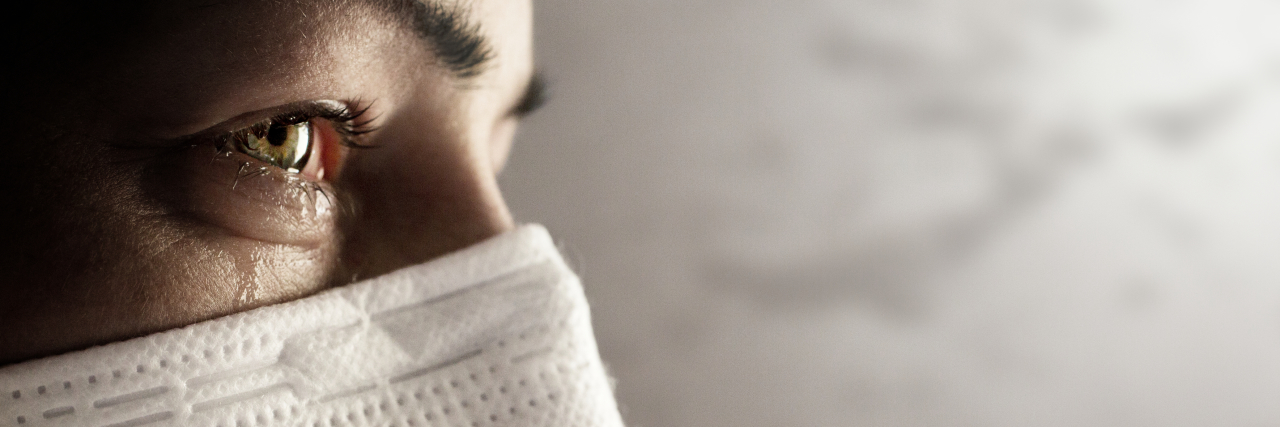It is nine days until the one-year anniversary of losing my husband to COVID-19.
Nine days until the year mark. I’ve made it through 356 days of grief and I’ve
survived, but as the summer turns to fall and the morning air hits me in the
face with a rush of coolness instead of heat, my mind and body remembers the
sickening loss. Sleep eludes me, food loses its taste, anxiety floods through
me like shocks of electricity.
Grief is a relentless emotion, one that is not easy to carry. It sucks the energy
from my body, my mind and my soul; it makes my eyes hollow and my skin pale, and takes my tears until I have no more. It is a testament to
the resilience of life and humanity that we carry on after loss, even when
sometimes it seems preferable to lie down and refuse to go on.
I am resilient. But the strength I use to carry grief with me is sometimes drawn from other areas of my life. My focus narrows to survival. Sometimes it feels as if other people expect me to be the same as I was before. They don’t understand why I don’t call or text, why I make the decisions I do, or why I cut people out of my life that serve no purpose but to sap my precious energy. And I no longer have the energy or the time to explain these things to people who don’t understand.
I don’t want to hear “thoughts and prayers,” or even “call me if you need
anything,” because both those phrases are equally useless in the battle I fight every day. Thoughts and prayers do nothing for my immediate needs, and vague offers of nebulous assistance give my overwhelmed mind nothing to grasp at. Especially as a woman, it’s easier for me to tackle mountains of dirty laundry on my own than to ask for help, because I’ve been taught by society that I’m supposed to have it all together, be a great mom, housekeeper, employee, friend and neighbor. And now I can’t, because it’s too much and nobody can be that perfect; but that shame didn’t die when my husband did. So when people say, “call me if you need anything,” I smile weakly and go on about my business, because when most people say those words they don’t really expect to be tasked with scrubbing a week’s worth of dirty dishes or shampooing the carpet or picking up the kids from daycare.
I do appreciate the people who actually show up. The ones who bring food without asking, who buy pizza, who bring doughnuts, who text me every week or every month and by doing so acknowledge that my grief is still present and still valid. The people who watch my kids for an hour or a day to give me time to readjust the burden of grief on my shoulders so I can continue to press on
along the path of life. The people who ask me how I’m feeling because they
actually care. The people who ask questions about my husband and listen to my stories. The people who aren’t afraid of my tears. The perfect strangers who donated financially with astonishing generosity.
These are the things I’ve learned in the first year. I feel pain and weariness as I
look ahead to the second one, because I know grief won’t come to a stop nine
days from now. That burden won’t roll off my shoulders: it’s part of me. Some
people may not understand, years from now, when the autumn leaves turn orange and I still cry for Alan, but those who love me will understand, and those who also carry grief with them will understand.
But I look ahead with hope, and that counts for a lot. Hope that the burden will get easier to carry. Hope that my kids will be OK. Hope that I’ll wake up in the morning and my first emotion will be joy. I still have hope and love, and those are the things that make me strong enough to carry my grief.
Getty image by Tomas Ragina

